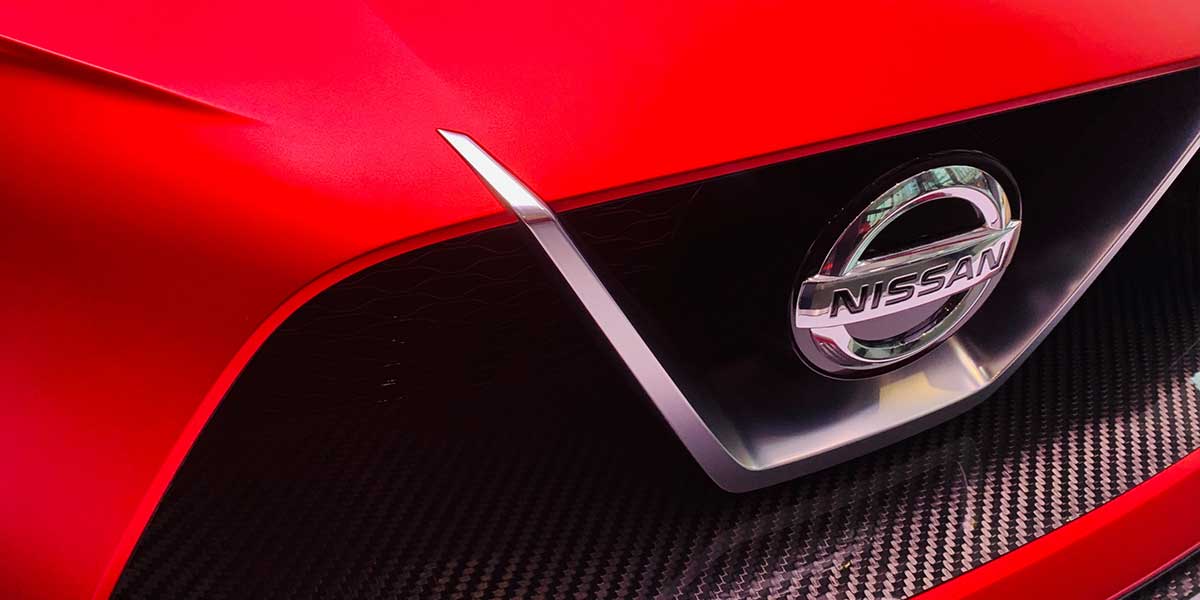In November of 2021, Nissan announced their ‘Ambition 2030’ scheme, which promised the introduction of 23 electrified models, including 15 fully electric vehicles by 2030.
Nissan was an industry leader when it came to introducing electric vehicles – the Nissan Leaf was first announced in 2011, and the company has continued its pursuit of pioneering electric vehicles as accessible for all. However, as the automobile industry increasingly made the switch, Nissan found itself on something of a back foot. Enter Ambition 2030, designed to return the company to the forefront of the field – and Nissan’s ambitions have only intensified.
What’s new for Nissan Ambition 2030?
Ambition 2030 started off with big goals, including the achievement of carbon neutrality by 2050, and increasing consumer access to electric vehicles and necessary infrastructure. Another goal was the introduction of 23 all-new electric models, of which 15 were fully EV, by the decade’s end.
However, these figures have since changed. Nissan is now promising a total of 27 all-new electric models, of which 19 are promised to be fully electric vehicles. This takes the percentage of total EV or hybrid models across both Nissan and Infiniti’s global suite up to 44% by 2026 and 55% by 2030, which marks a rise from the previously announced figure of 50%.
The company is also predicting a rise in the sale of electric vehicles across a number of key markets. Sales in Europe are anticipated to rise from 75% to 98%, whilst a rise to 58% (from 55%) is predicted in Japan.
Nissan is also partnering with governments, energy providers and other stakeholders to develop and build the necessary EV charging infrastructure. This would support wider consumer use of electric vehicles, as well as smart grid systems and renewable energy sources. The company has stressed the importance of a circular economy for its electric vehicles, committing to ensuring the sustainability of vehicle batteries by way of improved repurposing and recycling strategies.
Further innovation is promised to improve the ‘accessibility’ and ‘mobility’ of Nissan’s electric vehicles. These include advanced autonomous vehicle technologies, alongside an ‘All-Solid-State Battery’ (ASSB). These batteries are positioned by Nissan as a ‘revolutionary technology’ designed to make EVs safer, more efficient, and affordable. Smaller in size than the current batteries, they enable more sophisticated and flexible design options for electric vehicles, as well as a reduced charging time and more affordable price point for the vehicles themselves.
This latter benefit has particular appeal, given the financial inaccessibility of electric vehicles, which have a higher entry price than their gasoline counterparts. This can often put consumers off the transition from combustion engines to electric vehicles.
Finance your next electric vehicle
Whilst electric vehicles have a higher price tag, car finance makes them affordable and accessible. Use My Car Credit’s car finance calculator to get a no-obligation quote for car finance in mere minutes, or contact the team today on enquiries@mycarcredit.co.uk to find out how we can help you go greener.
Rates from 9.9% APR. Representative APR 10.9%
Evolution Funding Ltd T/A My Car Credit
Require more help?
Got a question you can’t find the answer to, or need some advice and guidance around taking out car finance? Our Car Credit Specialists are friendly, experienced, and here to help so get in touch today!



